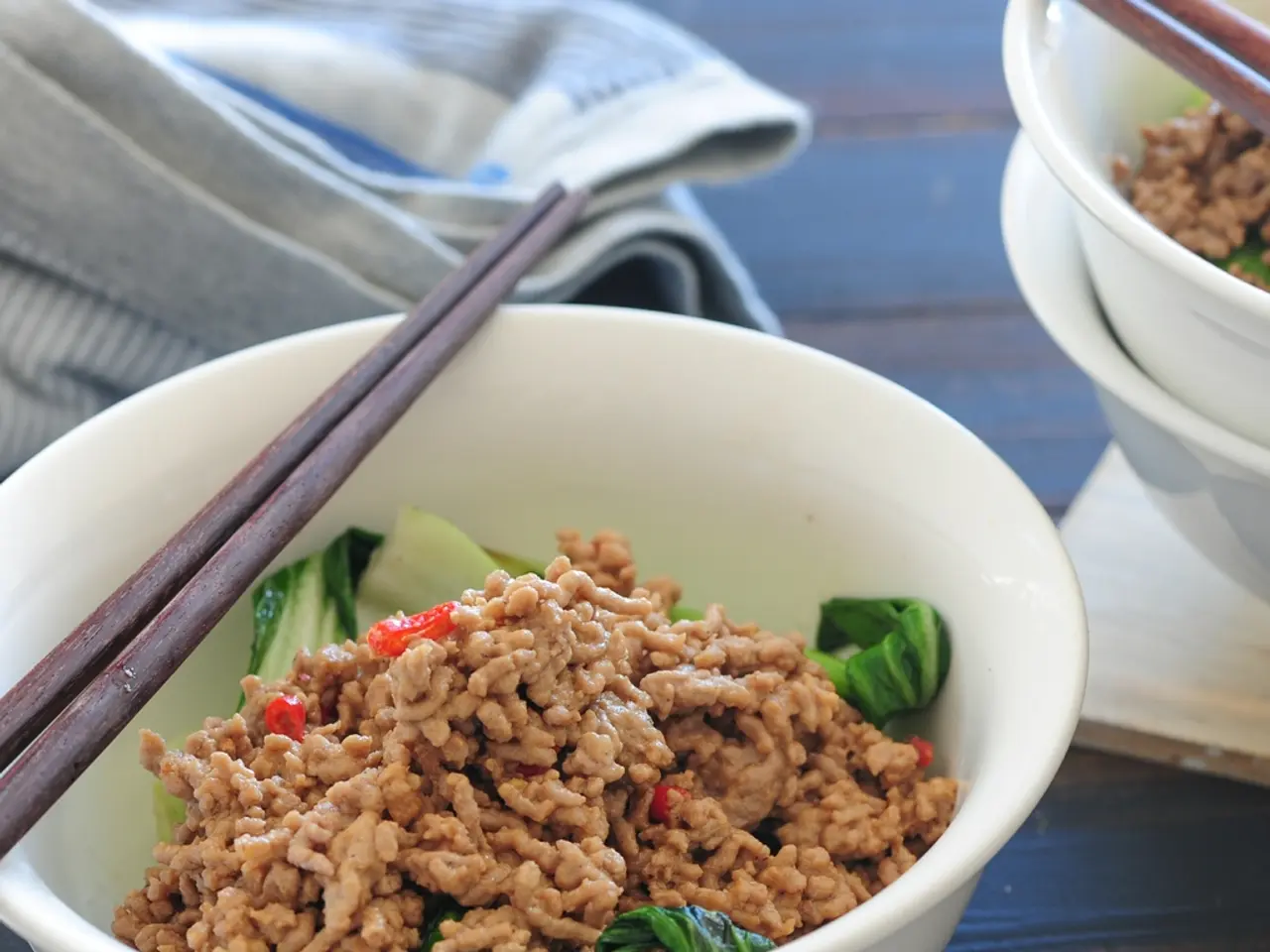Strategies for inducing bowel movement
In a world where modern lifestyles often lead to constipation, understanding natural remedies can be beneficial. Constipation, medically known as infrequent or difficult bowel movements, can be a discomforting issue. However, there are various approaches to alleviate this condition.
Exercise plays a crucial role in digestion. Gentle movements like walking and yoga stimulate the digestive system by enhancing intestinal motility and promoting peristalsis, the wave-like contractions that move stool through the colon. Even mild exercise can help ease constipation by encouraging the natural movement of waste through the digestive tract.
Relaxation techniques, such as warm baths and abdominal massage, can also be beneficial. By relaxing the abdominal muscles and reducing stress, these methods help ease cramping and tension in the intestines, facilitating bowel movements.
Prunes, a dried fruit rich in dietary fiber and sorbitol, have long been considered one of the oldest and most effective natural laxatives. Prunes increase stool bulk and moisture, softening stool and stimulating bowel movements.
Senna, derived from the senna plant, is another natural laxative. It acts as a stimulant, irritating the lining of the bowel and increasing bowel motility to help move stool along.
Kiwifruit, high in fiber and digestive enzymes, supports gut function. The fiber adds bulk to stool, while enzymes help break down food, promoting easier digestion and regular bowel movements.
Coffee, particularly hot coffee, can help improve the motility of the digestive tract and provide relief for constipation. Its mild laxative effect is attributed partly to caffeine and other compounds that stimulate the gut.
Flaxseed, rich in both soluble and insoluble fiber, increases stool bulk and moisture, lubricating the intestines and softening stool. The omega-3 fatty acids in flaxseed help coat the digestive tract, acting as a natural laxative.
In addition to these remedies, maintaining adequate hydration is essential. Drinking enough water is important for softening stool, with recommendations varying but the Centers for Disease Control and Prevention suggesting adults consume a certain amount of plain water daily, and the National Health Service in the United Kingdom suggesting an average adult should aim to drink 6-8 glasses of water per day.
Planning bathroom breaks and trying to maintain a routine during travel can help prevent constipation. Aiming to have a bowel movement around the same time each day can also help some people pass stool regularly.
However, if a person is unable to poop regularly, it could indicate an underlying medical condition. Consulting a doctor is advisable, especially if experiencing additional symptoms such as blood in the stool, stomach bloating that lasts a long time, frequent tiredness, unexpected weight loss, persistent or frequent abdominal pain or discomfort, or persistent or frequent diarrhea.
By incorporating these natural remedies and maintaining a balanced diet, one can effectively manage constipation and promote a healthier digestive system.
- Obesity, a chronic health condition, is often associated with increased risk for constipation.
- The tier of natural products designed for digestive health has witnessed significant growth due to their predictive effects on chronic diseases like constipation.
- Ulcerative colitis, a type of inflammatory bowel disease, can lead to chronic diarrhea and constipation.
- Fiber-rich foods, such as fruits and vegetables, play a vital role in maintaining a healthy digestive system and addressing constipation.
- Incorporating fiber into your diet may also help manage conditions like diabetes and psoriasis, which often co-occur with constipation.
- Science has linked fiber consumption with reduced risk for chronic-kidney-disease, eye-health, and respiratory-conditions, as well as overall health-and-wellness.
- Fitness-and-exercise contributes to healthy digestion and can help alleviate constipation by promoting natural movements of waste through the digestive tract.
- Nutritionists recommend a diet rich in fiber for those struggling with conditions like depression, migraine, and skin-conditions, which can be associated with constipation.
- In some cases, chronic constipation may signify conditions like COPD or colitis, requiring medical-attention and treatments beyond simply increasing fiber intake.
- AQ, a probiotic drink, has become popular for promoting digestive-health and addressing constipation.
- Coffee, although a stimulant, can alleviate constipation due to its effects on digestive motility and providing relief for irregular bowel movements.
- On the other hand, certain medications and medications for conditions like high blood pressure can contribute to constipation, which highlights the importance of discussing all medications with a doctor.
- By combining regular exercise, fiber-rich eating, and hydration practices, one can develop a comprehensive approach to managing chronic constipation and improving their overall health.
- Individuals experiencing persistent or severe symptoms related to constipation, such as prolonged bleeding, severe abdominal pain, or drainage of mucus from the rectum, should seek immediate medical-attention.




